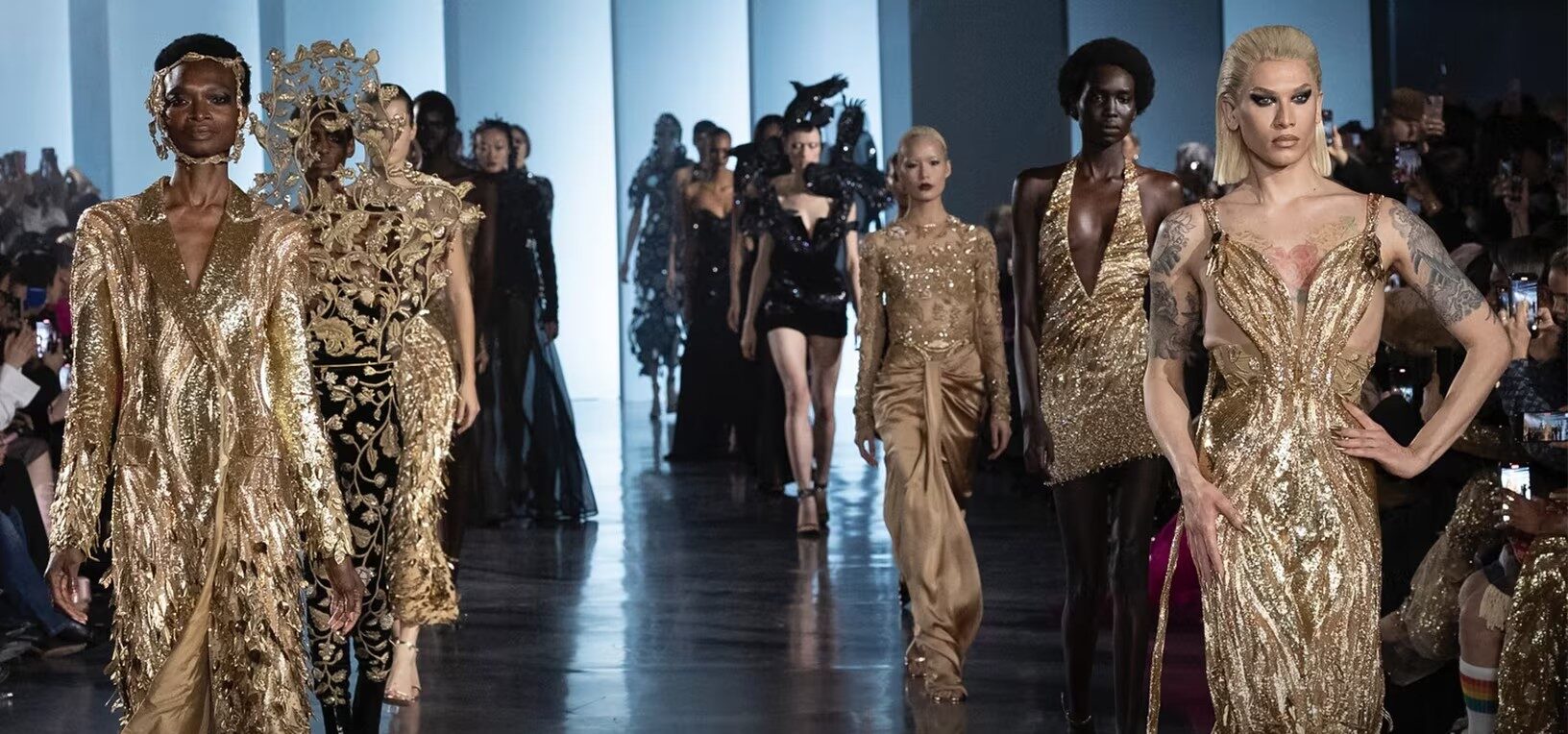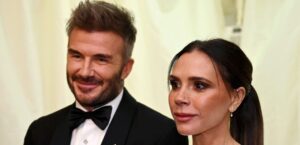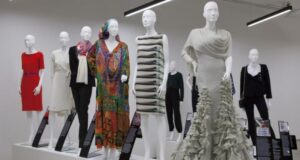PARIS: Paris Fashion Week begins on Monday, featuring a dozen new talents ready to debut at prominent brands, including Matthieu Blazy at Chanel.
Mirroring an unparalleled upheaval among creative directors, the Spring-Summer 2026 season will exhibit the revitalization of the upper echelons of the global luxury apparel sector on a scale seldom witnessed. The industry, experiencing a decline in expenditure from the globe’s wealthy, is counting on these modifications to bring in new enthusiasm and ideally increase sales.
Pierre Groppo, editor-in-chief of Vanity Fair France, said:
“We’re beginning a new era, not primarily for Fashion Week itself, but for what fashion will become over the next decade.”
Matthieu Blazy’s Debut at Chanel
While Matthieu Blazy’s inaugural Chanel show is anticipated to be the main attraction, the VIPs and fashion enthusiasts competing for exclusive invitations will have to wait until October 6, the second-to-last day, to see the 41-year-old designer.
The Franco-Belgian, recruited from Kering’s Bottega Veneta, confronts the challenging mission of updating Chanel’s identity and moving away from the Karl Lagerfeld period lasting over thirty years.
The “Kaiser,” Karl Lagerfeld, shaped the highly lucrative brand until his passing in 2019 and was followed by Virginie Viard, who was considered a continuity choice.
Blazy, initially recognized at Maison Martin Margiela, revitalized Bottega Veneta with its iconic intreccio leather designs before taking the highly sought-after Chanel position in December 2025.
Dior, Balenciaga, and Gaultier Step Into a New Era
Another highly anticipated occasion will be Jonathan Anderson’s inaugural women’s collection for LVMH-owned Dior on October 1, following his successful debut men’s line in June.
The focus will also shift to Pierpaolo Piccioli at Balenciaga, succeeding the controversial Demna, and to Duran Lantink at Jean Paul Gaultier, the brand’s first permanent artistic director since its founder stepped down in 2020.
Claire Thomson-Jonville, editorial director of Vogue France, noted:
“The influx of new creative directors signifies a new age: they offer a more global, inclusive, and responsible perspective while reshaping the legacy of the brands.”
The week will likewise witness the introduction of Jack McCollough and Lazaro Hernandez at Loewe, Miguel Castro Freitas at Mugler, and Mark Thomas at Carven.
A Historic Fashion Week Amid Global Challenges
Several prominent designers will showcase only their second collections — such as Sarah Burton for Givenchy, Glenn Martens for Maison Margiela, and Haider Ackermann for Tom Ford — collections often regarded by experts as more crucial than their debuts.
Alongside newcomers, Louis Vuitton and Hermes will present their shows, while Celine and Thom Browne return after previous absences. Among emerging labels, Belgian designers Julie Kegels and Meryll Rogge will make their Paris debuts.
Elvire von Bardeleben, fashion editor at Le Monde, described this as a Fashion Week “without breaks.”
However, the event unfolds amid challenges: falling demand in China, US tariffs on luxury exports, and global economic uncertainty.
Every year, four Fashion Weeks set the rhythm of the industry: menswear (January & June), womenswear (February/March & September), and Haute Couture (January & July). Among them, September’s womenswear week draws the most global attention.





